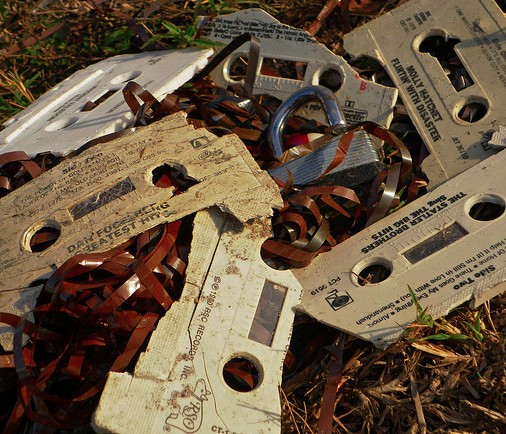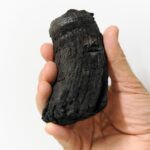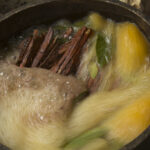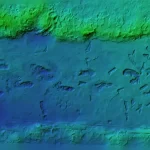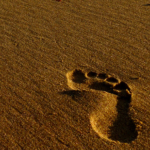New Scientist
Image: dno1967b
They’re the world’s smallest documentary makers. E. coli bacteria have had their DNA hacked so they can store memories of their cellular environment. And they do it in much the same way as an analogue tape recorder. Other more complicated cells should be capable of the feat too, which could pave the way for cellular biographers that can be inserted into our bodies for the inside scoop on our health.
E. coli may be one of the most widely used microbes in scientific research, but there are still aspects of its biology that are mysterious. “There are these DNA sequences called retrons that were discovered 30 years ago – but there’s still a lot of controversy over what they actually do,” says Timothy Lu at the Massachusetts Institute of Technology.
What we do know is that the retrons carry the genetic code for enzymes that generate new strands of DNA. These strands can then insert themselves into the cell’s genome. Lu and his MIT colleague Fahim Farzadfard realised that they could manipulate these retrons so that, when the E. coli is exposed to a particular chemical – or some other input like bright light – it inserts a new chunk of DNA into a specific site in the genome. That DNA chunk is then effectively a “memory” of the experience. Read more on newscientist.com…
